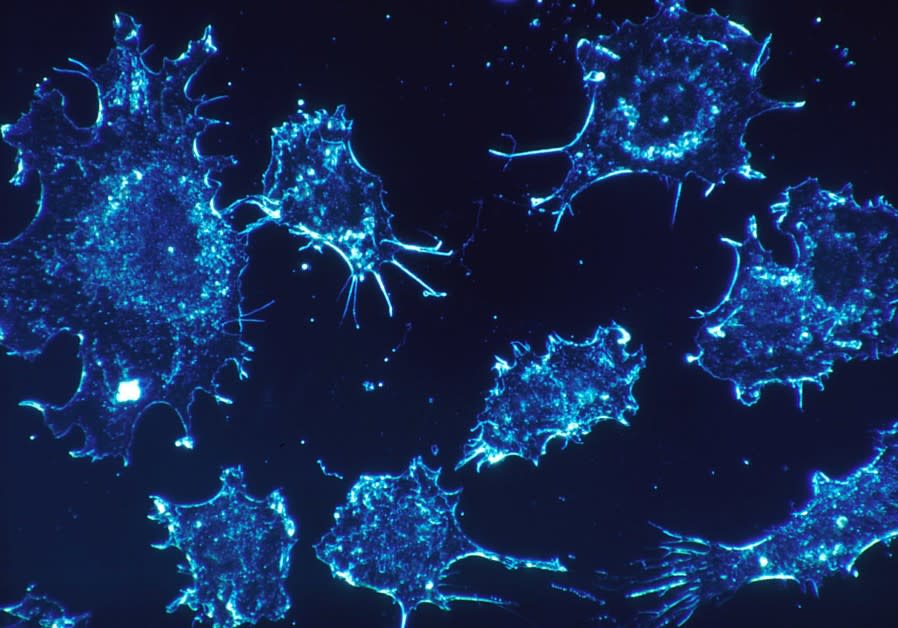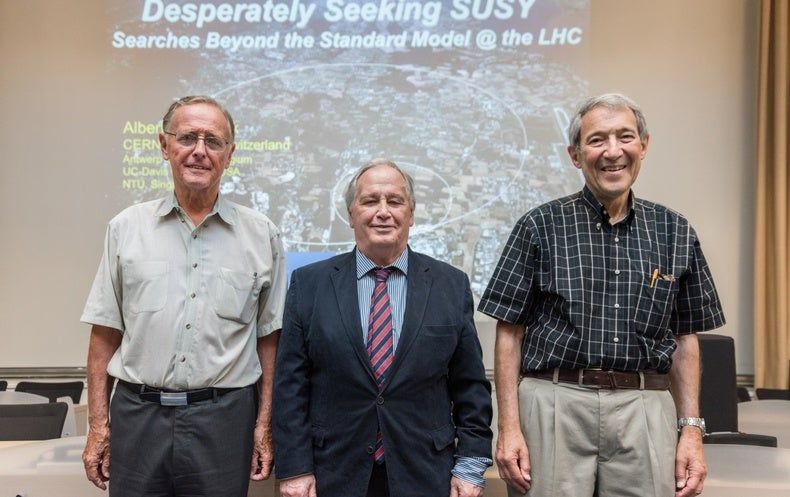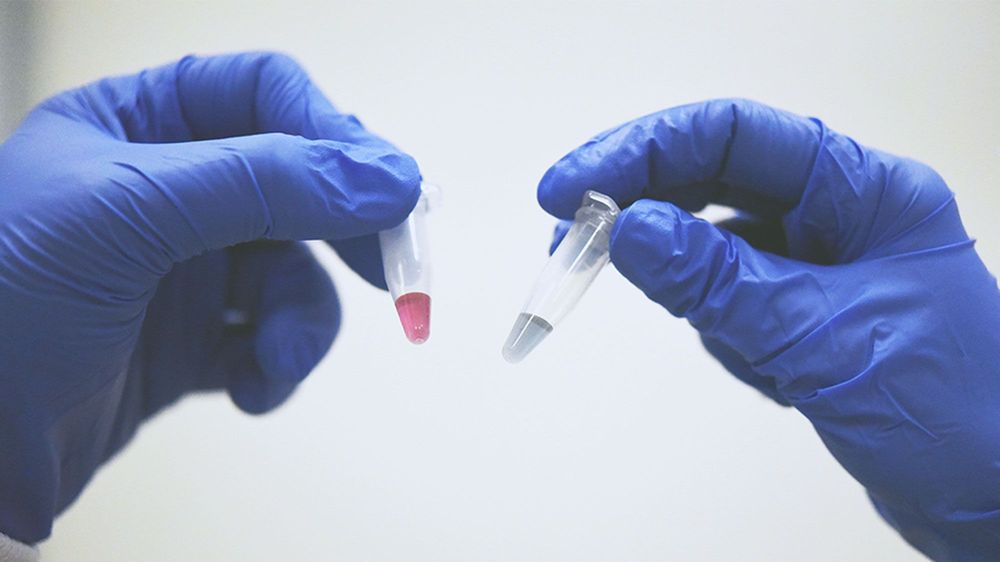Many of us would love to have a baby, some of us even two or three. But what about having seven of them? It might sound manageable, but now think about having all seven of them at the same time. In the age of medical innovation, fertility treatment has aided many women in getting pregnant. This is the story of a couple who couldn’t have a baby, and then had seven. The years have passed, and now those little septuplets are young adults, making them the oldest surviving septuplets. What a journey it has been for the McCaughey family.
It seems natural to have a baby, and recently it has become natural to take advantage of medical innovation to help you get there. In the case of women who can’t fall pregnant, there are some different methods of getting there. Fertility treatment isn’t uncommon and it is practiced in many countries across the globe. Even though it is an accepted method in many places, there are those that aren’t in favor of it. Some religious groups believe that it is against God’s will to interfere with the natural course of creating life. Their claim is that if God wants to give life he will, and if it is not meant to be then it will not materialize.







